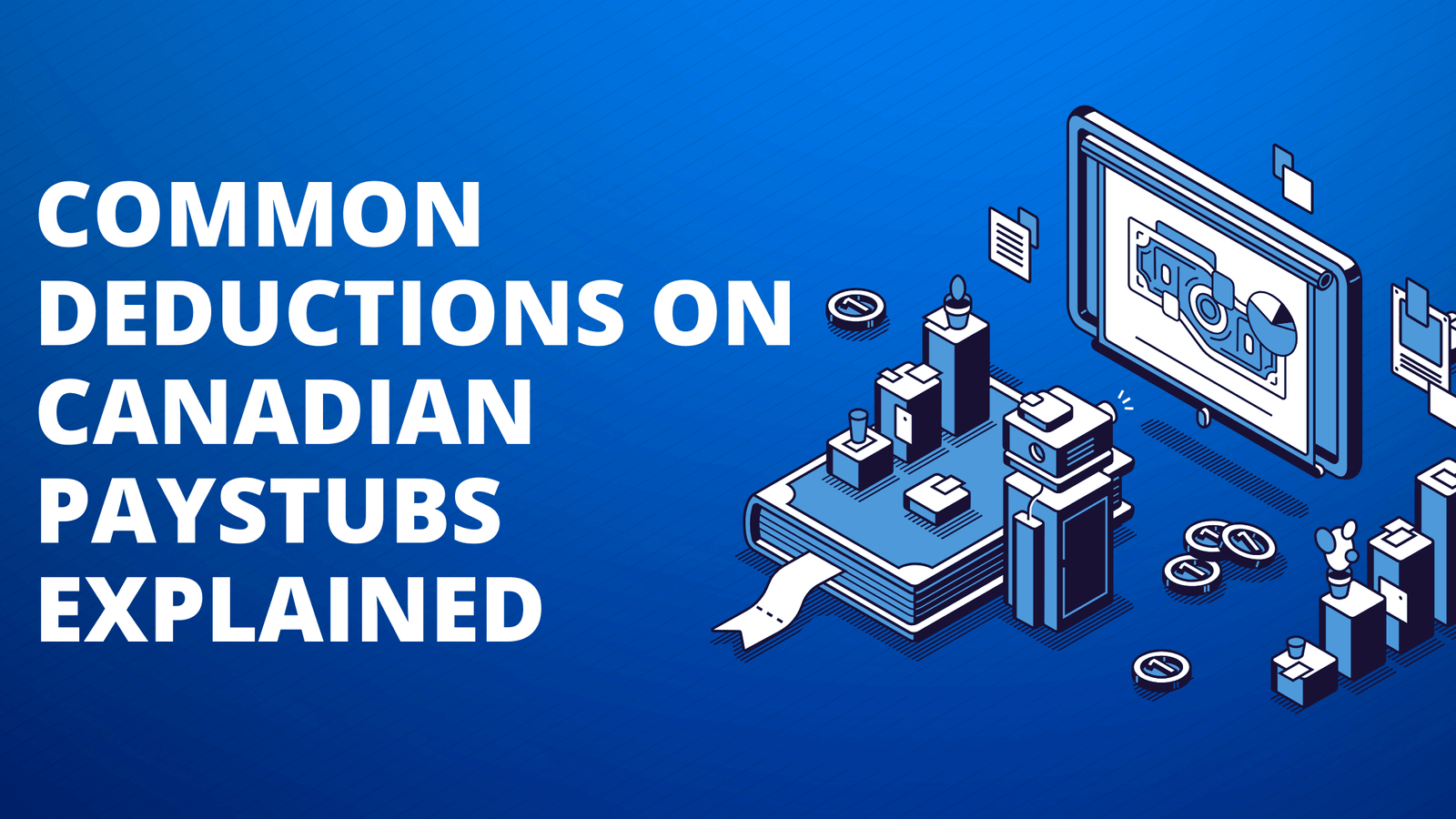Many people equate managing their finances to being lost in a maze, but having the right tools makes it that much easier. The key tool, little considered, is your paystub. This little slip of paper or digital document holds a wealth of information that can help you gain a handle on your money. Ready to take control of your finances?
Let’s dive into how your pay stub can be your financial roadmap.
Understanding Pay Stubs
You have to know what all those numbers and terms mean before you can use your pay stub to get a handle on your finances. There are usually segments within a paystub, such as income, deductions, and net pay. Each of these has a great role in your financial picture.
Gross Pay V/S Net Pay
Your gross pay is the total amount you make before all the deductions. That is what you would call your salary or hourly wage times the hours worked. On the other hand, net pay is what you actually take home after all deductions. This is important to know because your net pay is what you will use to budget your monthly expenses.
Understanding Deductions
Deductions are subtracted from your gross pay for a variety of reasons: federal and state taxes, Social Security, Medicare, health insurance premiums, retirement contributions, and other benefits. Each of these deductions decreases your gross pay to your net pay.
Using Your Paystub to Apply for Canadian Loans and Mortgages
Deductions
Federal and State Taxes: Federal and state taxes are mandatory deductions based on your earnings and the information you have provided on your W-4 form. Knowing how much is taken out and why will be useful in making informed decisions about your tax withholdings.
Social Security and Medicare: These are also tax-deductible and go into funding the federal programs for senior citizens and healthcare services. They are calculated on a percentage basis on your earnings.
Health Insurance and Retirement Contributions: If you have health insurance or contribute to a retirement plan through your employer, these amounts will also be subtracted from your gross pay. Knowing these amounts will help you realize the benefits of such programs and plan in your favor.
What is Net Pay?: Net pay is the amount of money one really takes home after all the deductions. This is the figure you need to focus on in planning your budget, since this is your available money.
Knowing the Crucial Aspect of Your Take-Home Amount: Knowing your net pay helps you stay within your means. It’s easy to think you have more money than you do if you only look at your gross pay.
Tracking Income and Expenses: A pay stub is a mighty tool for monitoring income. Keeping your paystub records will enable you to see just how much you have made over time, thus identify patterns in your earnings, and plan any future spending.
Paystubs to Track Income: You will be able to keep track of your actual earnings by recording your paystubs. It can be really helpful if you receive variable income or work in multiple places.
Budgeting: A budget is an estimated plan that helps you use your income to cover your expenses, save for future goals, and manage debt. Without a budget, overspending and eventually running into financial trouble are easy.
Savings and Investments:
Importance of Savings: Saving is important to ensure financial security. It allows you to get ready for emergencies, plan for big purchases, and achieve long-term goals like acquiring a house or retiring comfortably.
How to Allocate Savings From Each Paycheck: First, set a savings goal. Then, determine a percentage of your net pay to save every month. Make it automatic: Use a direct deposit into a savings account.
Basic Investments: Once you have saved a good base, try investing. You can start with low-risk investment options, like a high-yield savings account or a retirement account. As you become more comfortable, investigate stocks, bonds, and mutual funds.
Paying off Debt:
Managing Debt: Debt management comprises knowing how much you owe, whom you owe it to, and the interest rates on it. Prioritize debt with high interest rates.
Giving Priority to High-Interest Debts: High-interest debt, including credit cards, can easily get out of control. Be sure to pay off these notes first while maintaining minimum payments on lower-interest debts.
Regular Checkup of Financial Status: Regular financial checkups keep you focused on your goals and allow you to make the necessary adjustments. At a minimum, review your budget, savings, and investments quarterly.
How to Conduct a Financial Checkup
- Review pay stubs and bank statements: Be on the lookout for any discrepancies and patterns.
- Update Your Budget: Get used to adjustments in the income and expenses section.
- Evaluate Your Savings and Investments: Make sure that they match your objectives.
Conclusion
Your Canada paystub is so much more than just a record of your earnings—it is a powerful tool for managing your finances. By understanding each section of your paystub and using it to track your income and expenses, create a budget, save and invest, and plan for taxes, you can take control of your financial future. Start today by looking over your latest pay stub and finding areas in which you might be able to improve.
FAQ's
How can my paystub help me budget effectively?
+
Your paystub details your gross income, deductions, and net pay, which are crucial for creating an accurate and realistic budget.
What deductions should I look for on my paystub?
+
Common deductions include federal and state taxes, Social Security, Medicare, health insurance, and retirement contributions. Understanding these helps manage take-home pay.
How can I use my paystub to identify potential savings?
+
Reviewing your paystub can highlight areas for savings, such as tax withholdings, insurance costs, and retirement contributions, allowing you to adjust and save more.
Why is it important to check the accuracy of my paystub?
+
Ensuring your paystub is accurate helps avoid errors in pay, deductions, and benefits, which can impact your overall financial planning and savings.





